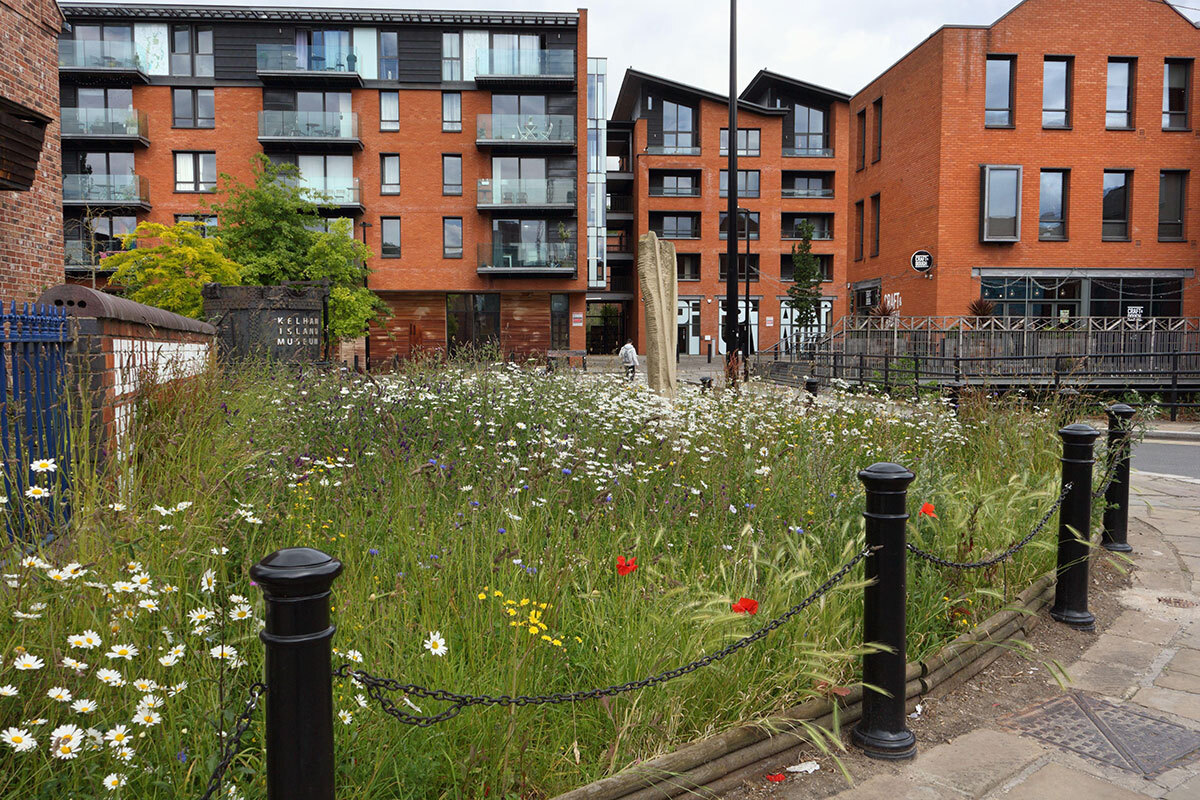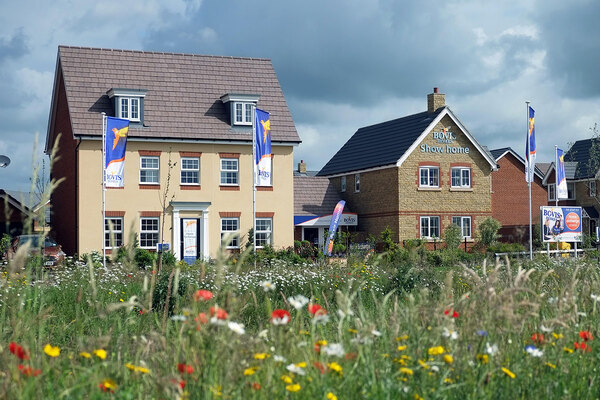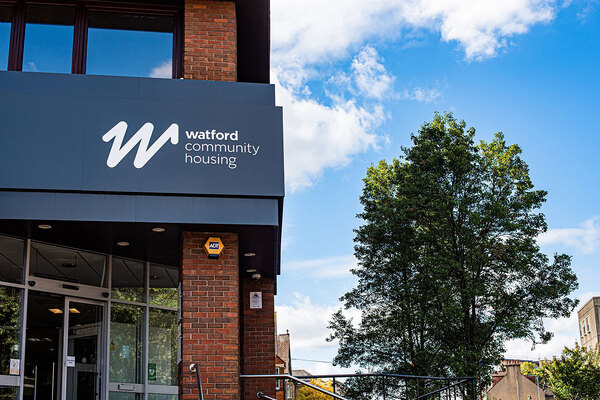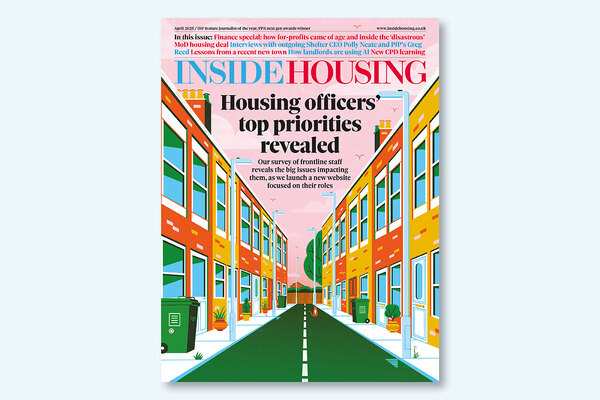Loopholes allow developers to ‘opt out’ of new biodiversity laws, experts warn
Legal loopholes are enabling developers to “opt out” of duties aimed at safeguarding natural environments, fuelling “widespread misuse”, a group of experts has warned.
In a letter to both Angela Rayner, the housing secretary, and Steve Reed, the environment secretary, non-governmental organisations and business groups said exemptions in the Biodiversity Net Gain (BNG) policy framework were “threatening progress” around sustainable development.
They cited research by the Green Finance Institute that indicated only 0.5% of planning applications submitted since February 2024 had been subject to BNG.
Market feedback suggested “very little demand is coming in, due to exemptions and other routes being relied on to circumvent obligations”, the study found.
“To fulfil the government’s ambition to ‘speed up nature’s recovery’ and promote sustainable development, these loopholes must be addressed,” the letter said.
The BNG framework, introduced under the last government, is intended to ensure wildlife habitats are left in a “measurably better state” than before development took place. It became mandatory for major developments in February and for minor ones in April.
In May, the National Audit Office warned that the “novel and complex” policy had launched without having all the necessary elements in place to ensure its long-term success.
The Green Finance Institute’s research has found two exemptions which have not been consistently interpreted and are undermining the BNG framework’s application.
One is around a de minimis threshold, which exempts development that “does not impact a priority habitat and impacts less than 25 [square metres] of on-site habitat, or five metres of on-site linear habitats, such as hedgerows”.
The second makes allowances for self- and custom-build planning applications consisting of no more than nine dwellings, on sites with an area no larger than 0.5 hectares.
On the first exemption, the study found there had been considerable differences in how developers interpreted areas of ‘impact’. Some counted only the actual footprint of buildings, despite the likelihood of considerably wider areas being affected by both construction and eventual occupation.
The report warned of “the risk of small parcels of habitats being fragmented and excluded from wider ecological planning”.
“Some market stakeholders have highlighted that the definitions under Section 1(A1) of the [Self-build and Custom Housebuilding Act 2015] are open to wide interpretation and are difficult to verify in practice, leading to a significant risk of misuse in the context of BNG exemptions,” the report said.
Debbie Tann, chief executive of the Hampshire and Isle of Wight Wildlife Trust and a signatory of the letter, said her organisation was “deeply concerned by emerging evidence of widespread misuse of the exemptions to [BNG] policy”.
She said: “This threatens to undermine its potential and the government’s promises to reverse nature’s decline in the UK.
“We call on the new government to urgently address the misuse of exemptions, so it can deliver on our legal commitments to halt species decline in the UK, and fulfil its promise for new development that will support the recovery of our precious natural environment.”
Responding to the letter, a government spokesperson said: “We will build the homes that Britain desperately needs while protecting the environment.
“That is why we are working closely with the sector to make Biodiversity Net Gain work effectively and proportionally, with exemptions in place for any development that would have a minimal impact on nature.”
Sign up for our regulation and legal newsletter
Already have an account? Click here to manage your newsletters












